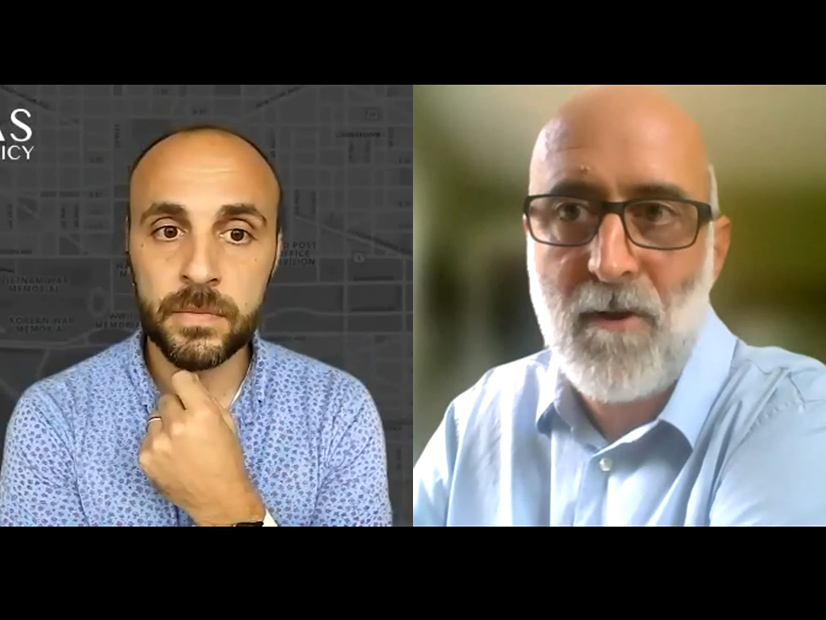The Southern Alliance for Clean Energy (SACE) says 2020 was a banner year for electric vehicles in the southeastern U.S.
In a second annual progress report, the nonprofit advocacy group said EV manufacturing and employment, sales, charging station construction, and utility investment and government funding are all on the upswing in Tennessee, the Carolinas, Georgia, Alabama and Florida. The report was coauthored by D.C.-based data consulting firm Atlas Public Policy.
“When we look across these indicators, they’re all trending in the right direction,” SACE Electric Transportation Policy Director Stan Cross said during a Wednesday webinar. “There’s this virtuous cycle that’s occurring in the region.”
“I don’t see the word ‘decrease’ anywhere,” agreed Atlas Public Policy founder Nick Nigro. “I’ve been working on the electrification of transportation [and] climate change for over 10 years now, and this is hands-down the most exciting year that I’ve been involved in this space. It’s refreshing, and it’s giving me some good sense of optimism.”
Nigro said about 46% of all electric passenger vehicle sales ever in the Southeast have occurred in the past year. A third of the Southeast’s more than 15,000 charging stations were brought online in the last year.
“So, the momentum is there, and the evidence is in the data,” he said.
Cross said the Southeast “has clearly emerged” as a leader in manufacturing investment and employment.
Southeastern states currently account for 18% of all EV manufacturing jobs in the country and 37% of all manufacturing investment. Cross said those jobs figures were “outsized” considering the region’s population.
“Tennessee is really leading with announcements from General Motors and others … for manufacturing of EVs in the state. It’s going to be a big boost to that economy and hopefully lead to complementary polices to encourage consumer adoption,” Nigro said.
He also noted Florida’s recent large investments in school bus electrification.
Nigro said in SACE’s 2019 EV report he tracked just $32 million in approved investments in EVs from investor-owned utilities in Southeast states.
“A year later, we’ve added $100 million dollars, for [more than] $130 million dollars in investor-owned utility investments in charging,” he said.
Volkswagen settlement awards from its $1.45 billion civil penalty for using a defeat device to cheat on federally required emissions tests of diesel vehicles remains the largest source of funding for vehicle electrification, Nigro said.
Nigro also said infrastructure improvements are desperately needed to support the nation’s electrified transportation.
“To put us on that glide path, we’re going to need about $85 billion,” Nigro said. He said much of that investment must come from the private sector.
EV drivers don’t want to “cheat the system” by dodging a gasoline tax, Nigro added. He said policymakers need to decide “what is fair” for building roads and bridges.
“As the conversation here in Washington heats up and there is an actual chance … for an infrastructure bill, more people are recognizing how poor the state of our infrastructure is nationwide,” Nigro said. “So, Americans, I think, rightfully want to contribute to repairing our roads, bridges, transit … and make sure we have world-class transportation infrastructure.”
He pointed out that gasoline taxes are only a portion of road funding, and that general use and sales taxes also fund highways and roads.
“We are all already paying our share in a lot of ways,” Nigro said.




